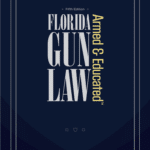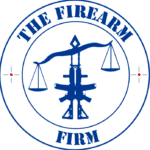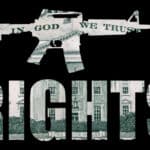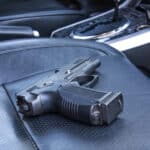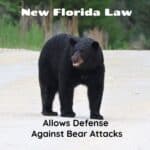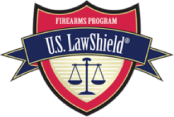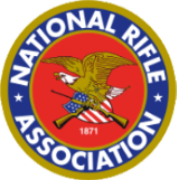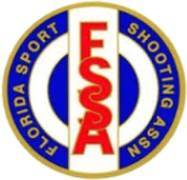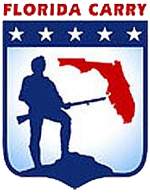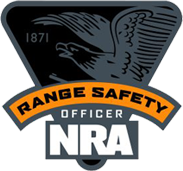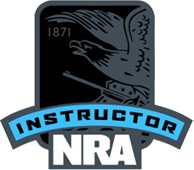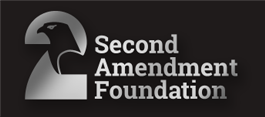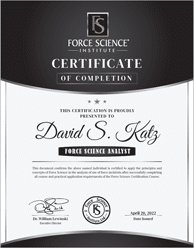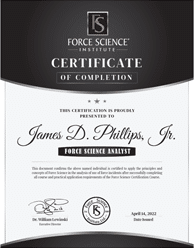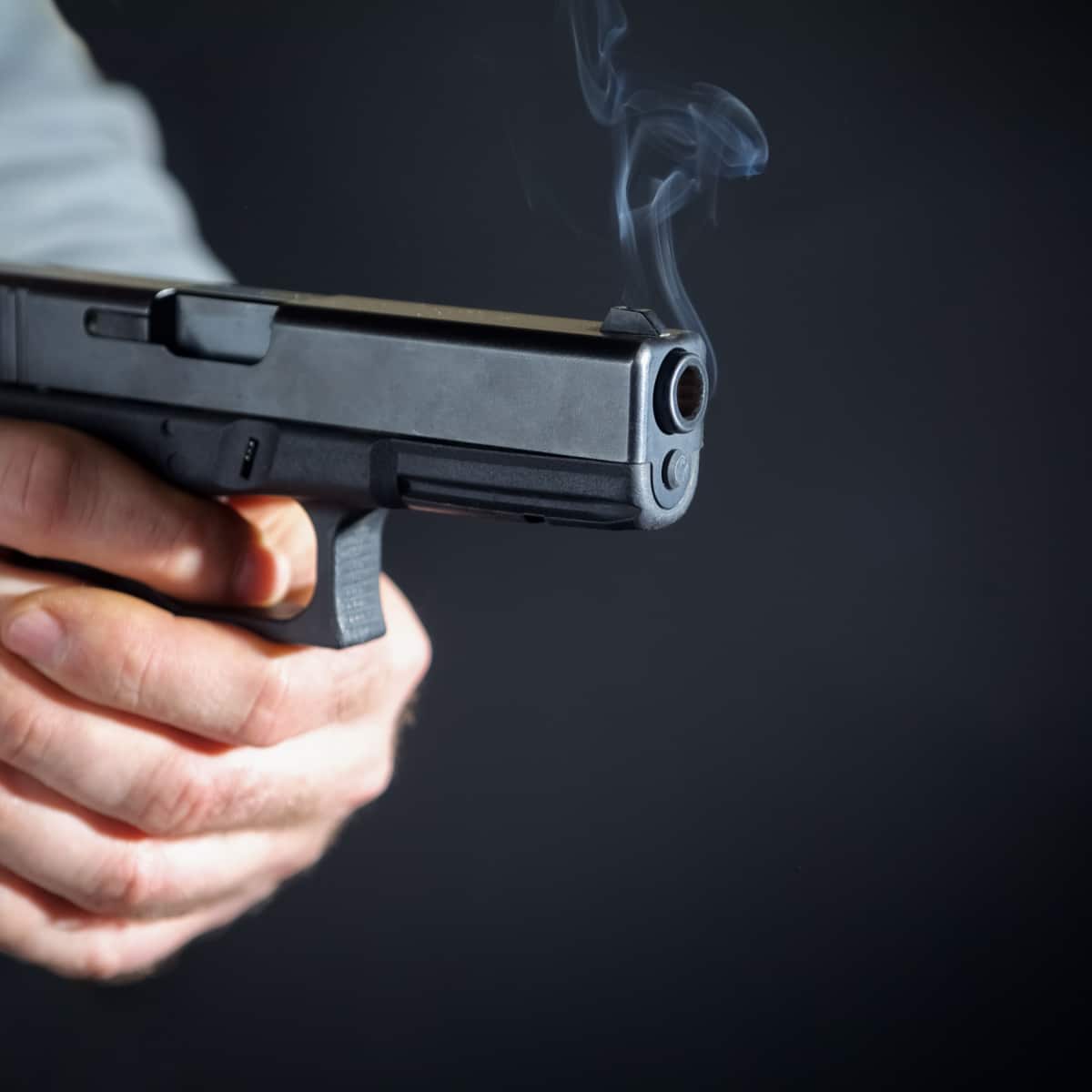
- November 16, 2023
- |
- 4th Amendment,Emergency,Latest News
ShotSpotter Technology Upheld in Court
ShotSpotter – Law Enforcement’s Gunshot Detection System Technology Upheld in Court
There are many devices and techniques used by law enforcement to investigate crime, ranging from simple fingerprint gathering techniques to advanced cyber-crime strategies. One recent way police have found to investigate potential crimes is the “ShotSpotter” gunfire detection system. ShotSpotter, Inc. is the company behind the ShotSpotter technology now used around the country to detect gunshots and notify the police. According to ShotSpotter’s Frequently Asked Questions page, “ShotSpotter is gunshot detection technology that uses sophisticated acoustic sensors to detect, locate and alert law enforcement agencies and security personnel about illegal gunfire incidents in real-time. The digital alerts include a precise location on a map (latitude/longitude) with corresponding data such as the address, number of rounds fired, type of gunfire, etc. delivered to any browser-enabled smartphone or mobile laptop device as well as police vehicle MDC or desktop.” Automated reporting of potential crimes to the police is hardly new, with traffic cameras being a widely used and commonly expected means of reporting traffic crimes without a human witness. However, until recently, it was not entirely clear whether certain testimony based on ShotSpotter could be used against somebody accused of a crime during their trial.
Expert Witness Testimony
In a criminal trial, there are generally three types of witnesses. They are lay witnesses, character witnesses, and expert witnesses. Law witnesses are people who are testifying about something they saw, heard, or otherwise experienced. Their testimony is not based on special training or knowledge in a field, but rather on what they know about the case specifically. Character witnesses testify as to somebody’s relevant character traits, like honesty, dishonesty, tendency for violence and so on. Expert witnesses, on the other hand, are permitted to testify based on their specialized knowledge in a certain area. Their testimony can go beyond direct descriptions of a criminal event, and can include discussions about specialized technology, how it is used, how reliable it is, and what its results mean to a particular case.
ShotSpotter’s Use in a Recent Case
A recent decision in Florida’s Fourth District Court of Appeals has determined that expert testimony regarding the use of ShotSpotter against a defendant is permissible in court. The defendant in the case, J.A.R. v. State, 48 Fla. Weekly D2152a (Fla. 4th DCA 2023), was charged with unlicensed carry of a concealed firearm and possession of a firearm by a minor. The initial stop of the defendant was based on a report by the local ShotSpotter system after it detected a gunshot in the area. Real time surveillance showed that the defendant and a person he was with were the only two people in the area of the gunshot at the time. Police stopped the defendant and, after the defendant agreed to be searched, found the unlawfully carried firearm. An expert witness testified in a hearing about how ShotSpotters works, and testified that it could accurately locate the origin of gunfire within a 25 meter radius with 97% accuracy. The defendant argued that the expert failed to show that this technology was sufficiently reliable, and therefore should not be permitted under Florida’s expert testimony standards.
The standard used by courts in Florida to determine whether to allow expert testimony is the Daubert Standard. Under this standard, court ask whether; (1) the testimony is based on sufficient facts or data; (2) the testimony is the product of reliable principals and methods; and (3) whether the witness has applied the principals and methods reliably in the case. The court found that the expert demonstrated the technology and testimony appeared reliable enough to be permitted in the case.
The Effect of Allowing Expert Testimony of ShotSpotter
With the Fourth District Court of Appeals finding that ShotSpotter is reliable, the use of this technology and expert testimony about it may appear in more and more criminal cases. The J.A.R. case mentioned here only came about because this system determined that there was a gunshot in a particular area, and the Defendant was near that area at the time. In this case, the ShotSpotter system notified police and the police responded to the area and approached the defendant. The defendant gave consent to a search, so the officer did not need to prove he had reasonable suspicion or probable cause to justify the search. Still, this case raises the concern, if ShotSpotter tells the police there was a gunshot in your area, will that be enough for the police to stop you and search you? As always, we will keep you updated with any important changes in the law, as well as any other important information that will allow gun owners to stay armed and educated.
To learn about other 4th Amendment and Search Issues click here.
Get in touch

"*" indicates required fields
Copyright © 2022-2025 The Firearm Firm All rights reserved.

